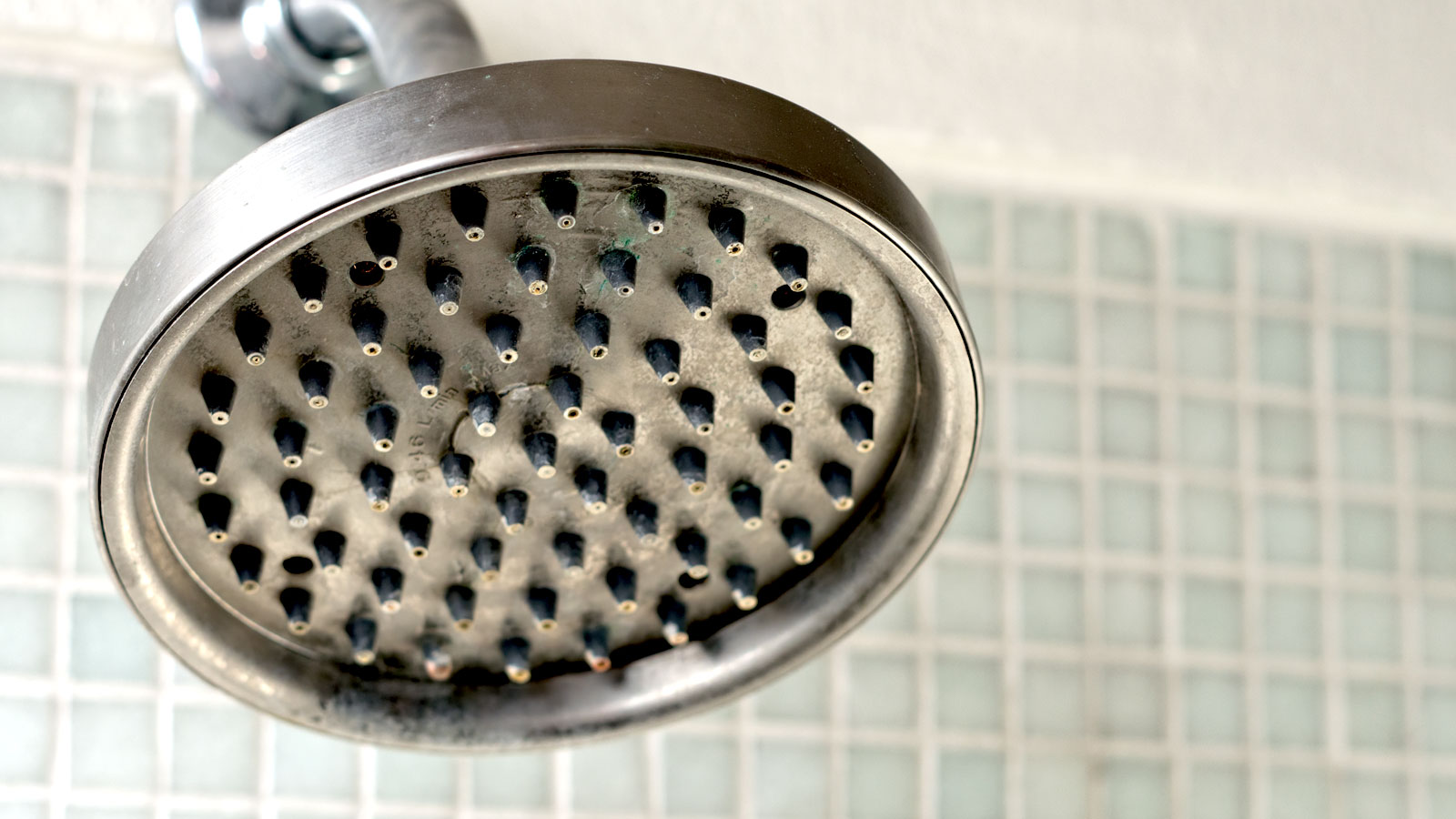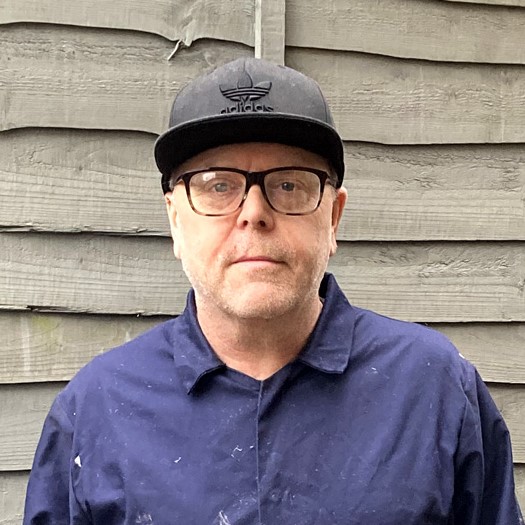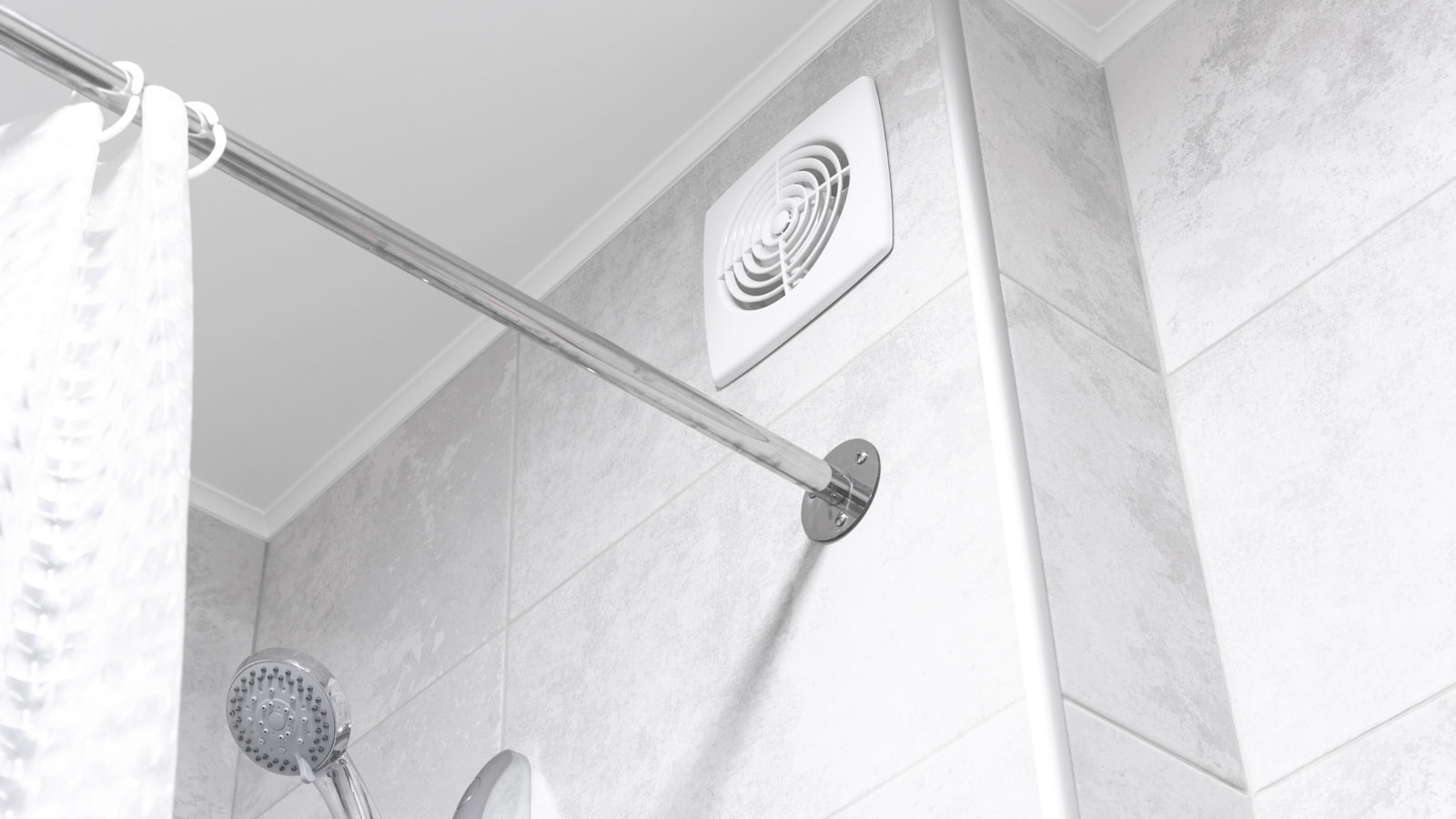Water softener costs: How much to buy, install and run?
What are water softener costs? An expert reveals how much you can expect to pay to add and maintain a water softener system in your home

Bring your dream home to life with expert advice, how to guides and design inspiration. Sign up for our newsletter and get two free tickets to a Homebuilding & Renovating Show near you.
You are now subscribed
Your newsletter sign-up was successful
If you live in a hard water area, you may have noticed unwanted water marks on your taps, scale around the base and slowly evolving limescale on your shower head.
You can spend hours scrubbing your bathroom, toilet or kitchen clean, but if you have hard water you’ll end up repeating the process over and over.
And it's not just your hardware that suffers, your skin, clothes, boiler, radiators and anything else that uses water can benefit from the installation of a water softener - whatever the cost, it simply makes sense.
Water softener costs and the benefits they bring
Hard water contains minerals and calcium that it gets from its source. The higher the content, the harder the water. This will lead to a host of issues such as limescale at points where water is released, such as taps, and showers.
But it will also line central heating pipes, radiators and general pipework which can lead to issues. Plus, it can shorten the life of appliances like washing machines. Introducing a water softener can negate, or at least lessen these problems.
How much does it cost to install a water softener?
“The cost of a water softener in the UK can vary wildly according to the kind of system installed, the size of the tank, and the complexity of the installation," explains Mark McShane, Plumbing, Heating, Electrical & Renewables Expert at Boiler Cover UK.
“A basic water softener system can come in initially for as little as £400 - £500 for the unit itself (although you should add £1,000 to £1,500 for a professional installation). Top end systems or more sophisticated ones – especially those designed for large properties or with more features – can start at £2,000 to £3,000, including installation, so consider not only the cost of the unit but also where it will sit and pipe it into your house.”
There may be unexpected extras that will add to the overall cost, “You also need to consider whether any extra plumbing will need to be done in order to house it within your existing setup, as well as any additional costs if you need to buy a water filter (some may not come with one).”
Bring your dream home to life with expert advice, how to guides and design inspiration. Sign up for our newsletter and get two free tickets to a Homebuilding & Renovating Show near you.

Mark is a fully qualified plumber, gas engineer and electrician with a passion for helping people install renewable energy solutions. He own the Skills Training Group, who provide training and apprenticeships for the heating, plumbing, and electrical industries.
Here he reveals water softener installation and running costs, and how long a water softener should last.
Is a water softener expensive to run?
Running a water softener isn’t a terribly expensive outlay in the UK, but there is a continual cost, “ reveals McShane. “The biggest expense is salt, essentially because the whole point of an ion exchange water softener is to expel calcium and magnesium (regular salt) from the water by putting it in the form of sodium chloride (ordinary salt)”
But how much can you expect to use? “The amount of salt you get through depends on how much water you use and the hardness of the water in your area. A family of four might expect to use between £5 and £10 of salt per month.”
But it's not just salt that affects running costs, “There’s also a small amount of electricity used when an electric water softener is running its control unit, which would contribute a tiny amount to a monthly energy bill – but you probably won’t notice the difference.”
But there are some softener features that will add more to the cost. “Some softeners flush water to waste during regeneration, which can bump your water bill by a few pounds but, again, this would only be a modest sum.”
What is the life expectancy of a water softener?
“The amount of time a water softener will remain functional is largely dependent on the unit itself, how it is maintained (being filled with salt, and the brine tank cleaned once a year annually) and the hardness of the water which it is treating,” explains McShane. But if you invest in a water softener, “It can last anywhere between 10 and 20 years. High quality units and those that receive regular maintenance might last well past the 20-year point.””
But it will also depend on where you live, “Systems in areas with very hard water might see more use and therefore wear, which could reduce a systems longevity."
FAQs
How can I tell if I have hard water where I live?
There are a few simple tests you can try at home to determine if you have hard water or not. One is to check your kettle, does it scale up quickly? This could be a sign of hard water.
But these don’t accurately tell you whether you have hard water or not. A quick and simple solution is to use an online tool like the one from Kinetico. All you need to do is add your postcode.
Is it OK to drink softened water every day?
Yes. There is no evidence that it is worse than drinking unsoftened water from the tap. However, it's best not to use it for baby feed or those on a low salt diets, as water softeners use salt to soften water.
If your taps or shower are beyond cleaning, or it's simply time for something new you can think about renovating a bathroom and introduce some smart green bathroom ideas or use the best bathroom paint to spruce up your space.
Steve Jenkins is a freelance content creator with over two decades of experience working in digital and print and was previously the DIY content editor for Homebuilding & Renovating.
He is a keen DIYer with over 20 years of experience in transforming and renovating the many homes he has lived in. He specialises in painting and decorating, but has a wide range of skills gleaned from working in the building trade for around 10 years and spending time at night school learning how to plaster and plumb.
He has fitted kitchens, tiled bathrooms and kitchens, laid many floors, built partition walls, plastered walls, plumbed in bathrooms, worked on loft conversions and much more. And when he's not sure how to tackle a DIY project he has a wide network of friends – including plumbers, gas engineers, tilers, carpenters, painters and decorators, electricians and builders – in the trade to call upon.

